One parent who knows the dangers of sexting more than most is Roz Carver, 47, who lives in Gloucestershire with her children Kate, 17, and Joe, 20. Here, she explains how it impacted Kate's life and the whole family...
Tagged with parents
iParent—where parents can learn about the digital environment and keep updated on their children’s technology use.
NSPCC Resource
It may feel awkward, but it's important to explain to children the risks of sexting, how to stay safe and remind them that they can talk to you if something ever makes them feel scared or uncomfortable.
A family agreement is a great way to start a conversation with your whole family about how you all use the internet and discuss together how to behave in a positive way when online at home, at school or at a friends house. Our family agreement advice provides a list of things to consider when creating a family agreement and some examples. The family agreement template provides a framework that will help families set clear expectations for positive and safe internet use.
Most online services offer some safety features that can help users to manage access to age-inappropriate content, report concerns or protect privacy.
Children love using technology and are learning to navigate websites, online games and consoles, and touch screen technology like iPads and smartphones from a younger and younger age.
This advice contains top tips for parents and carers for keeping young children safe online.
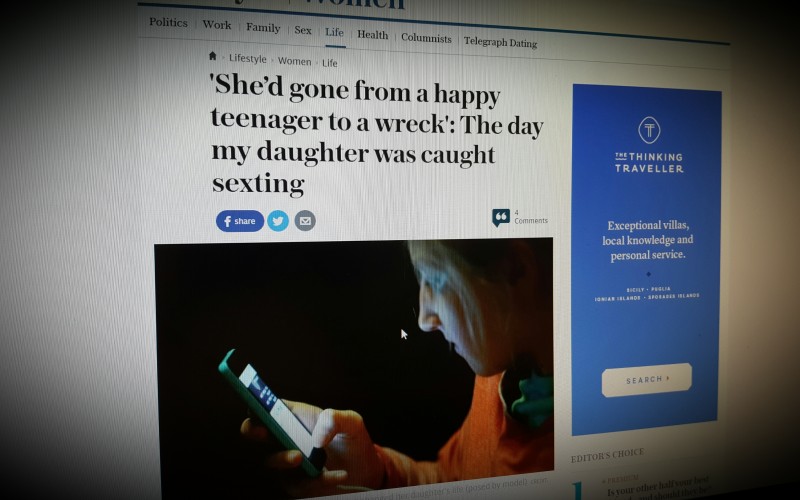
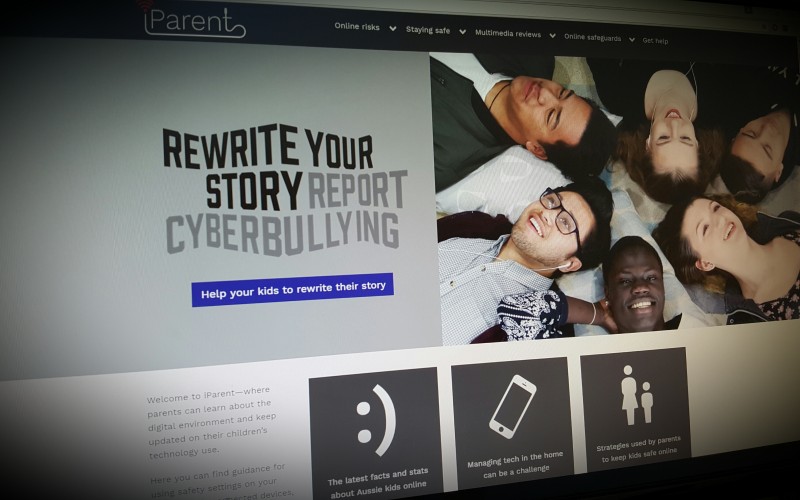
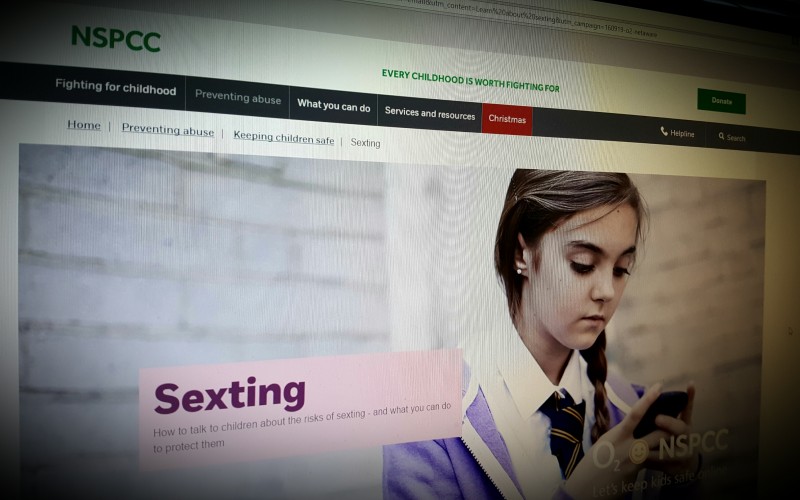
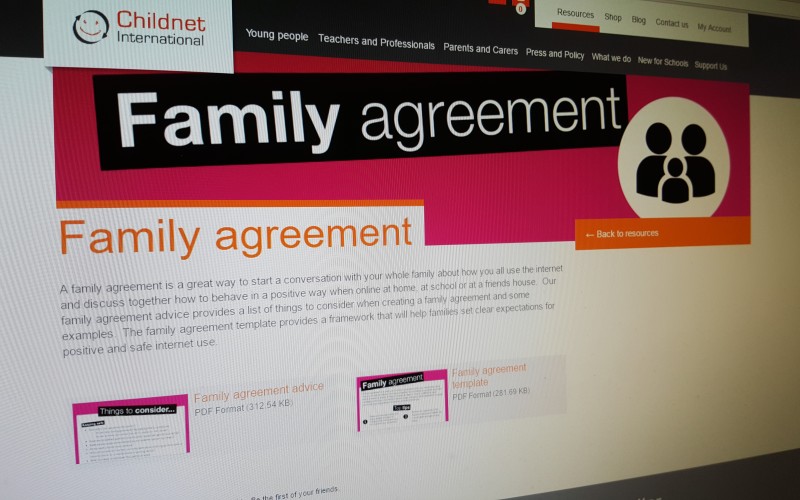
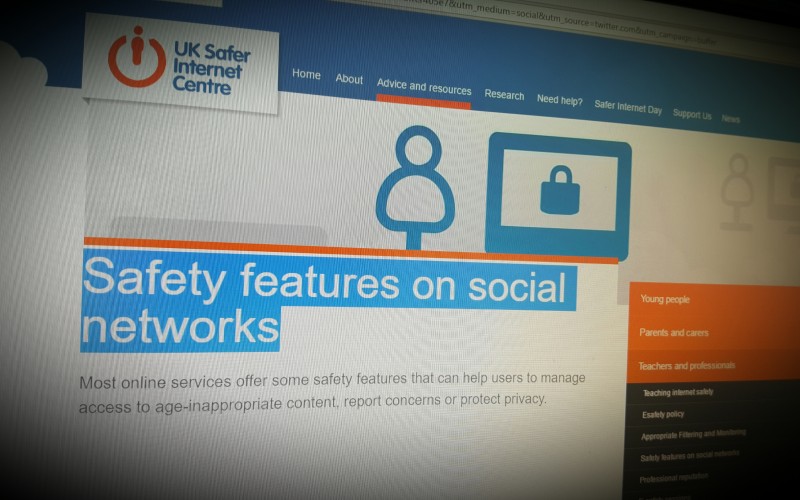
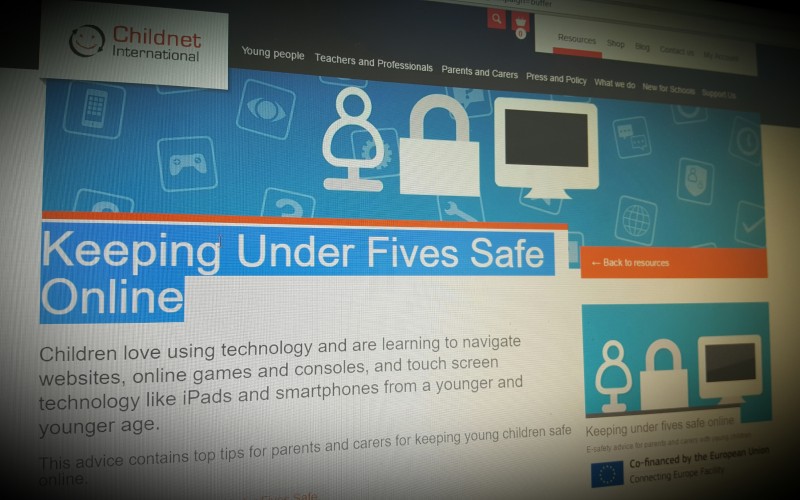
Comments
make a comment